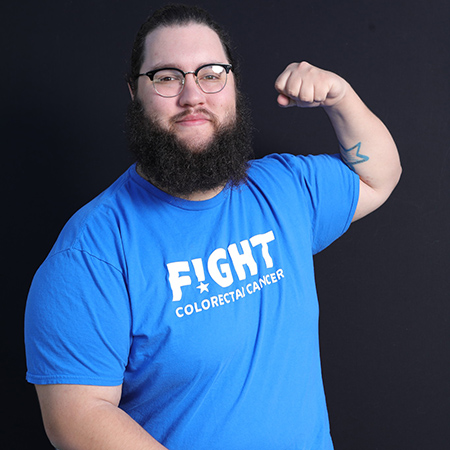Spencer Dayton
Patient/Survivor |
Colon - Stage II |
Age at Diagnosis: 23
I was diagnosed with colorectal cancer when I was just 23 years old. In February 2019, I was experiencing some signs and symptoms of colorectal cancer. When I went to the doctor, I was told, ‘Oh, it’s nothing. You’ll be fine.’ Finally, I convinced a family doctor that something was wrong, and I went to a gastroenterologist, who I convinced to do a colonoscopy as my symptoms kept getting worse. The procedure revealed a mass that they did not call a tumor, but they said it was more significant than a polyp. Testing was not conclusive on whether the mass was cancerous or not. I kept having more and more symptoms.
Finally, I went to the University of California, Davis (UC Davis), one of the best cancer centers in my area. From February to October, I endured several tests and was finally diagnosed with stage IIb colon cancer. However, my insurance took an exceptionally long time to approve the screenings and surgery I needed because I was a young patient. Because of this, I didn’t have surgery until January 2020. By the time the surgeon operated, I was stage III and the mass had grown quite aggressively. Last year, I endured chemo and the whole nine yards, and by April 2020, I was declared “no evidence of disease (NED)” and thought I had beat it.
Unfortunately, in November 2020, I started having symptoms again, and I was diagnosed with stage IV in February 2021.
Many young adults are being overlooked because screening doesn’t typically begin until age 45 or 50 due to evidence-based guidelines. Colorectal cancer isn’t a disease that only affects older populations. I am ready and excited to be a Fight Colorectal Cancer ambassador. I am an early-age onset colorectal cancer patient and Lynch syndrome gene carrier ready to advocate. I finally convinced my parents to get screened, and for their upcoming 30th wedding anniversary, they’re getting matching colonoscopies.
Spencer Dayton
Patient/Survivor |
Colon - Stage II |
Age at Diagnosis: 23

I was diagnosed with colorectal cancer when I was just 23 years old. In February 2019, I was experiencing some signs and symptoms of colorectal cancer. When I went to the doctor, I was told, ‘Oh, it’s nothing. You’ll be fine.’ Finally, I convinced a family doctor that something was wrong, and I went to a gastroenterologist, who I convinced to do a colonoscopy as my symptoms kept getting worse. The procedure revealed a mass that they did not call a tumor, but they said it was more significant than a polyp. Testing was not conclusive on whether the mass was cancerous or not. I kept having more and more symptoms.
Finally, I went to the University of California, Davis (UC Davis), one of the best cancer centers in my area. From February to October, I endured several tests and was finally diagnosed with stage IIb colon cancer. However, my insurance took an exceptionally long time to approve the screenings and surgery I needed because I was a young patient. Because of this, I didn’t have surgery until January 2020. By the time the surgeon operated, I was stage III and the mass had grown quite aggressively. Last year, I endured chemo and the whole nine yards, and by April 2020, I was declared “no evidence of disease (NED)” and thought I had beat it.
Unfortunately, in November 2020, I started having symptoms again, and I was diagnosed with stage IV in February 2021.
Many young adults are being overlooked because screening doesn’t typically begin until age 45 or 50 due to evidence-based guidelines. Colorectal cancer isn’t a disease that only affects older populations. I am ready and excited to be a Fight Colorectal Cancer ambassador. I am an early-age onset colorectal cancer patient and Lynch syndrome gene carrier ready to advocate. I finally convinced my parents to get screened, and for their upcoming 30th wedding anniversary, they’re getting matching colonoscopies.
"Get screened!"
Spencer Dayton
Patient/Survivor |
Colon - Stage II |
Age at Diagnosis: 23

I was diagnosed with colorectal cancer when I was just 23 years old. In February 2019, I was experiencing some signs and symptoms of colorectal cancer. When I went to the doctor, I was told, ‘Oh, it’s nothing. You’ll be fine.’ Finally, I convinced a family doctor that something was wrong, and I went to a gastroenterologist, who I convinced to do a colonoscopy as my symptoms kept getting worse. The procedure revealed a mass that they did not call a tumor, but they said it was more significant than a polyp. Testing was not conclusive on whether the mass was cancerous or not. I kept having more and more symptoms.
Finally, I went to the University of California, Davis (UC Davis), one of the best cancer centers in my area. From February to October, I endured several tests and was finally diagnosed with stage IIb colon cancer. However, my insurance took an exceptionally long time to approve the screenings and surgery I needed because I was a young patient. Because of this, I didn’t have surgery until January 2020. By the time the surgeon operated, I was stage III and the mass had grown quite aggressively. Last year, I endured chemo and the whole nine yards, and by April 2020, I was declared “no evidence of disease (NED)” and thought I had beat it.
Unfortunately, in November 2020, I started having symptoms again, and I was diagnosed with stage IV in February 2021.
Many young adults are being overlooked because screening doesn’t typically begin until age 45 or 50 due to evidence-based guidelines. Colorectal cancer isn’t a disease that only affects older populations. I am ready and excited to be a Fight Colorectal Cancer ambassador. I am an early-age onset colorectal cancer patient and Lynch syndrome gene carrier ready to advocate. I finally convinced my parents to get screened, and for their upcoming 30th wedding anniversary, they’re getting matching colonoscopies.
"Get screened!"
Share this Story!




